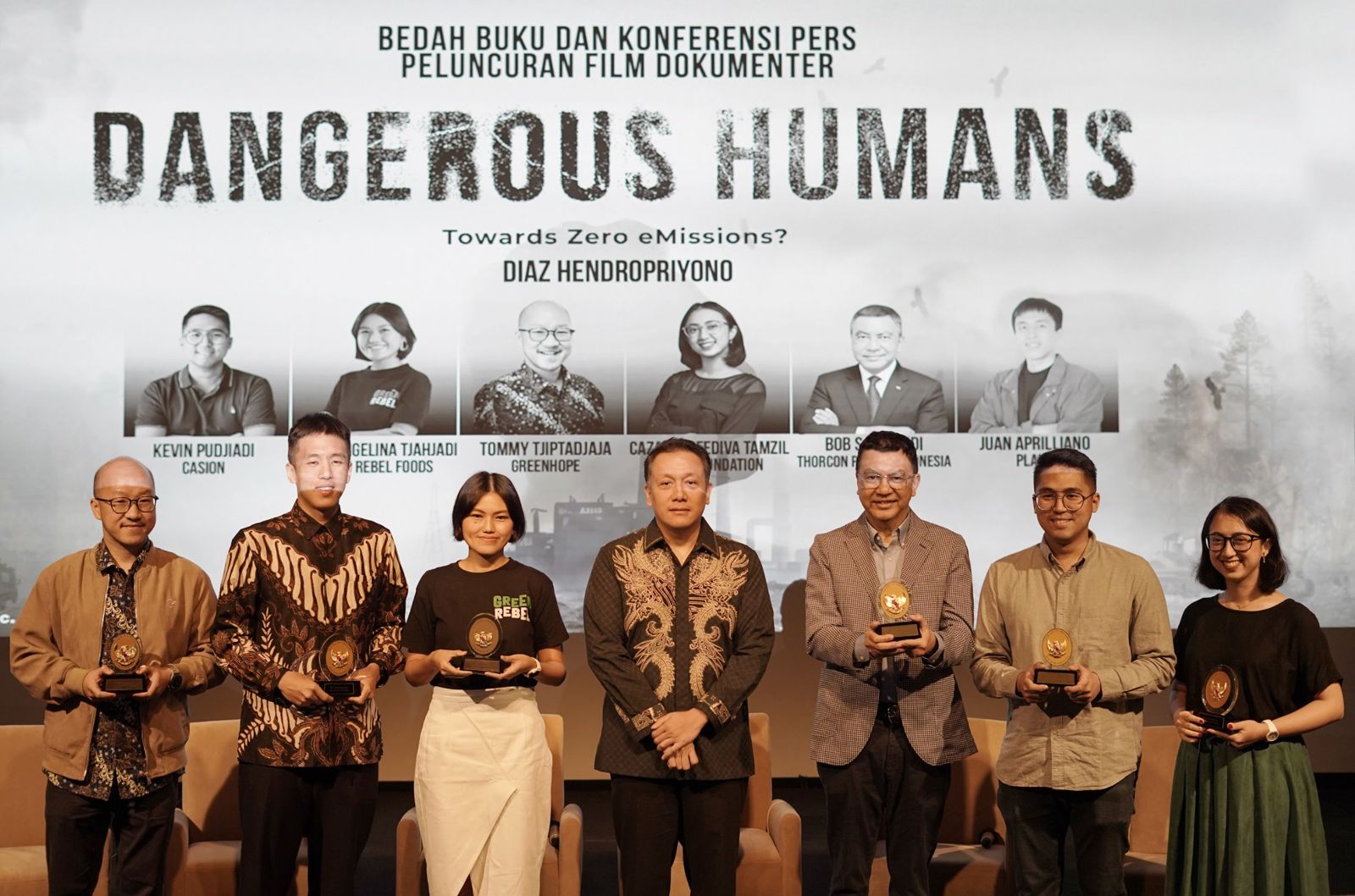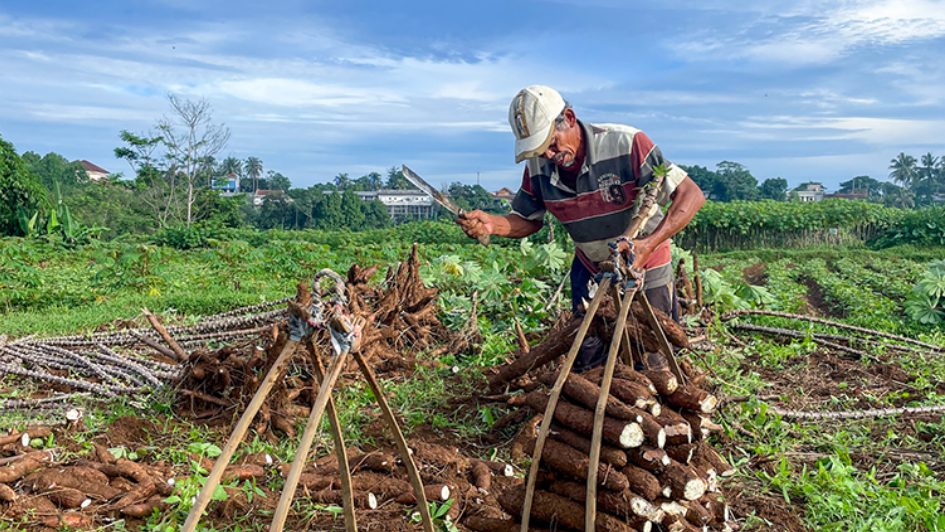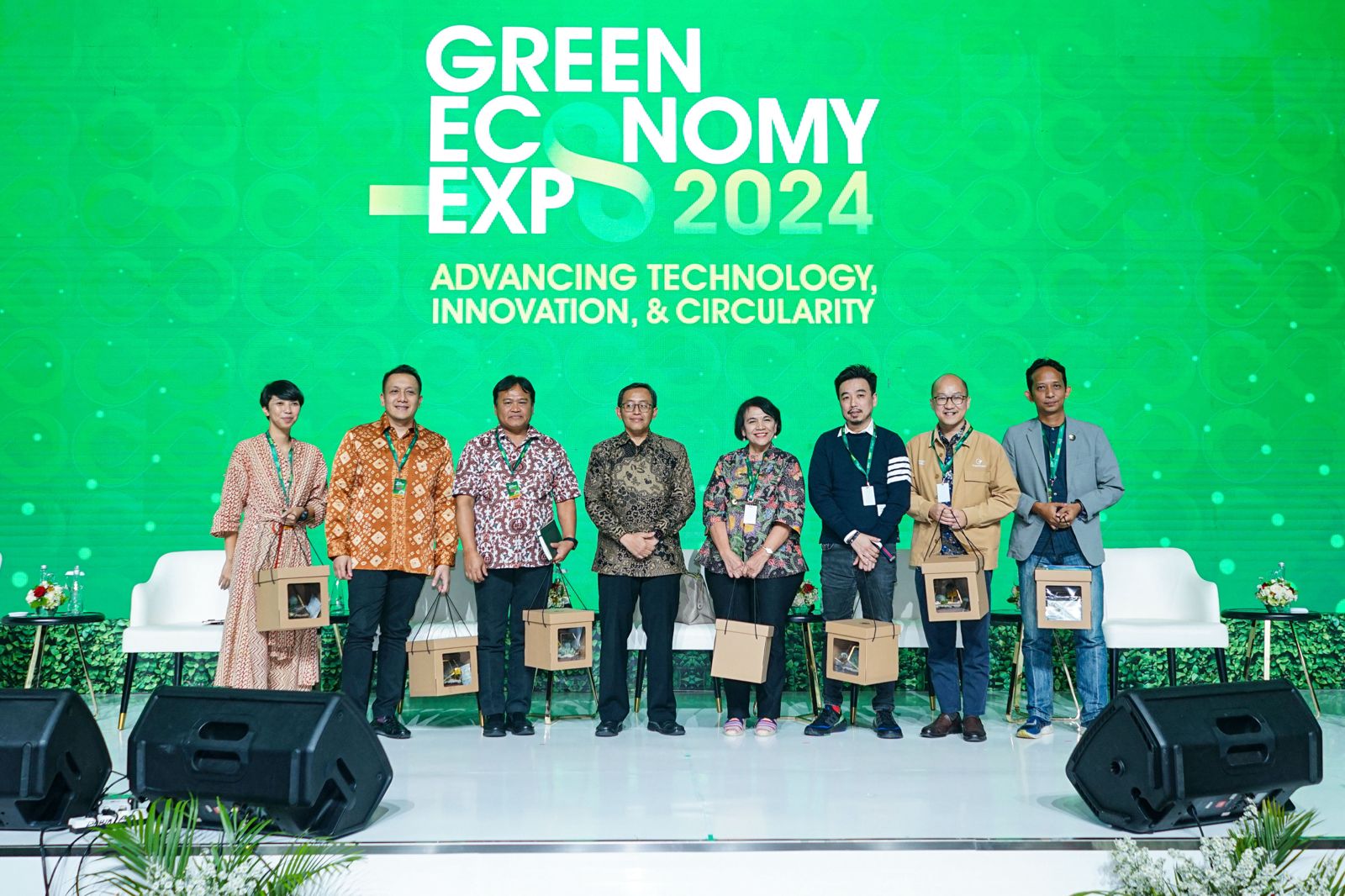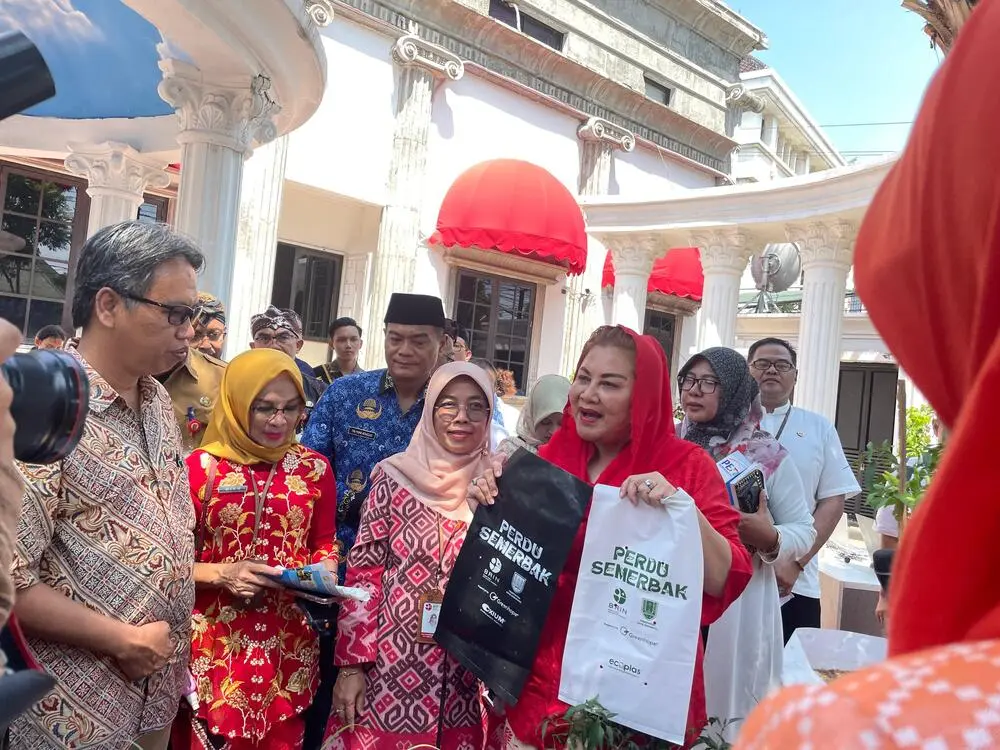Degradation Process in Oxium
Wednesday, 01 March 2017Oxo-biodegradable plastics are currently receiving a lot of attention. Although it can be said that it is not a relatively new technology, there are still many misconceptions that arise due to the lack of information/socialisation regarding the definition of oxo-biodegradable technology.
Oxo-biodegradable is a degradation process initiated by thermal, sunlight and oxidation processes. Oxium, is an additive that is mixed into plastics in order to accelerate the degradation process of plastics within 2 to 5 years. The degradation process that occurs is not only decomposed through the oxo process, but also degraded through bio processes. Oxium is the pioneer of oxo-biodegradable technology made in Indonesia and has been patented in the United States, Singapore, and Indonesia, which has been proven to be effective from the beginning (through international standard measurable tests such as ASTM D5208, D3826, D6954).
Fragmentation vs Degradation
There is a lot of confusion among the public regarding the degradation process of oxo-biodegradable plastics. Many people think that oxo-biodegradable plastics only physically degrade into microplastics, thus casting doubt on their validity as environmentally friendly plastics. Microplastics that emerge from plastic fragmentation are often said to be the cause of damage to marine life ecosystems which, if eaten by humans, cause health issues.
In Oxium technology plastics, the degradation process occurs in two stages, namely by oxidation and then by biodegradation. In the oxidation stage with the help of heat, sunlight, other pressures that occur in nature, the very long hydrocarbon molecular chains of plastics and chemicals are broken so that the specific gravity of the plastic also drops dramatically. This degradation is very different from fragmentation, where only physical breakage occurs.
After the oxidation stage occurs, the plastic is no longer plastic but becomes natural particles that microbes can eat. Microbes will eat and process the oxidised plastic into the biodegradation stage so that it becomes CO2, H2O and biomass. The remaining biomass has been tested on worms, tomato plants, and in water and proven to be completely non-toxic.
The test results above are also reinforced by the many certifications and awards received by Oxium, including SNI Ecolabel Type 1 Certificate for environmentally friendly shopping bags given by the Ministry of Environment and Forestry, Halal Certificate, Green Label Singapore Certificate, as well as Green Label Indonesia Award and Certification issued by InSWA (Indonesian Solid Waste Association), Award 103 Most Perspective Innovations - 2011 by the Minister of State for Research and Technology.




